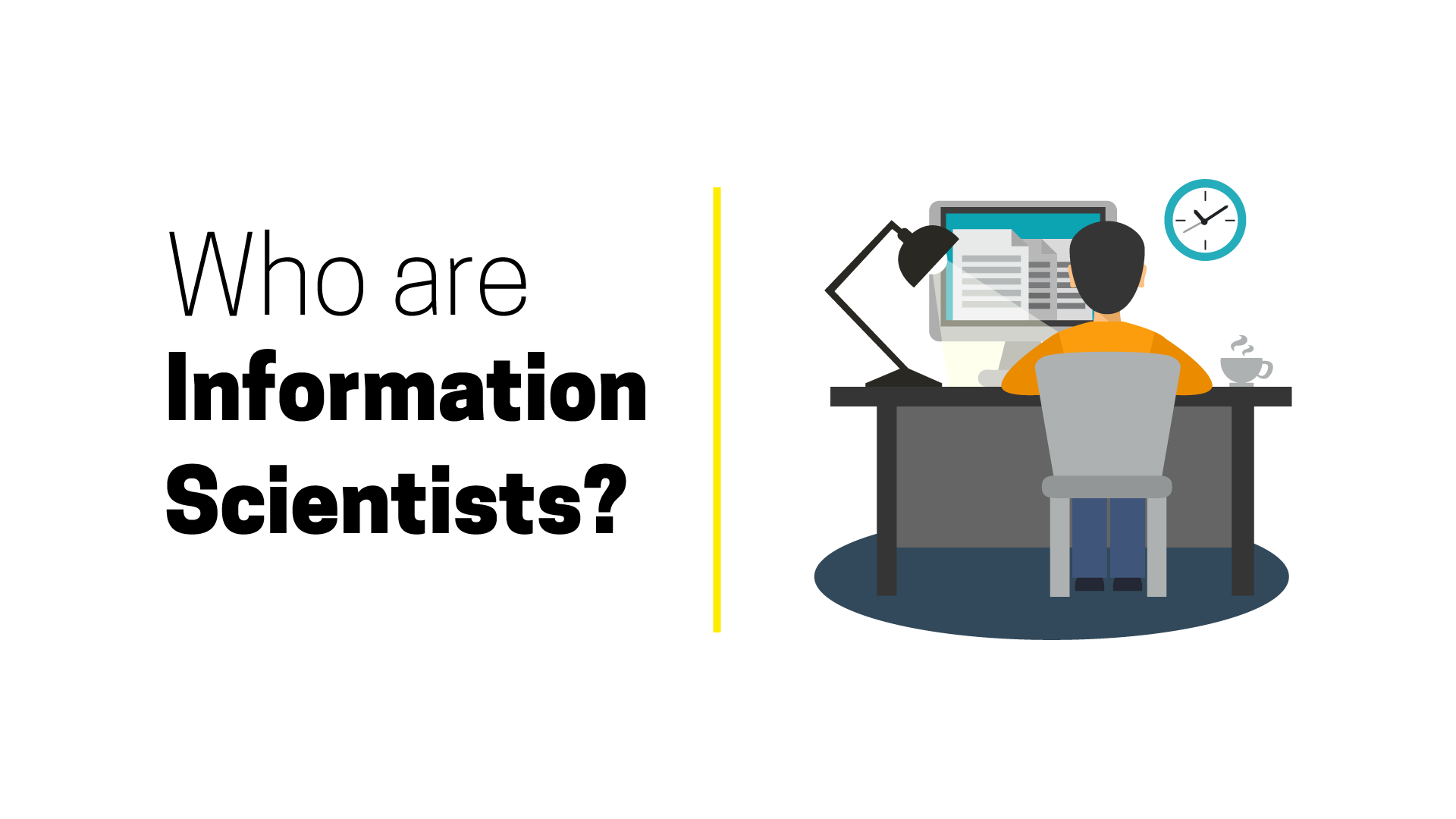Who are Information Scientists?

I can still recall my first visit to the school library. I was in primary school, and it was a scheduled library hour for my class. Led by a rather stern librarian, we walked in quiet lines to the library. One glance at the enormous space and a vast collection of books got us all intrigued. The brats in us couldn’t resist the excitement, and before we could explode, our librarian read the ‘Code of Conduct’ out loud! A while later we realized this space couldn’t be treated like a playground and the books had to be handled with utmost care. After picking a book each, we settled down while the librarian continued to watch over us like a hawk. So much of discipline and quiet was probably the last thing we as primary schoolers expected. However, over a period I understood what a positive impact a peaceful environment had on one’s reading ability, and how good it felt when I got a book in good shape, despite being used by so many kids. The librarian indeed had a significant role in making this happen!
Fast forward a decade and a half; this time I’m in a public library, and I see a different system. It was an exciting sight, and I remember leaving the place with broadened perceptions of how librarians work.
A typical day in the life of a librarian would include – helping customers with queries, enrollment forms, locating books and issuing them; receiving shipments of new books and paying bills; maintaining order in the library, preparing or updating the library catalogue and keeping track of the resources.
With the advent of Information Technology, librarians constantly look for electronic information resources apart from managing bookshelves. Today, a librarian is also entitled as an “Information Manager” or “Information Scientist”. The advancement of technology in libraries has a significant impact on the roles of the librarian. They keep track of advanced features, databases, and upcoming releases or new e-books.
A librarian could also be involved in facilities management, ordering supplies, tech support, human resource management, and program coordinating. Librarians are sometimes required to do surveys and gather information to facilitate strategic plans related to information management.
A library without a librarian is only a collection of books. However, does our System give enough credit for the work the librarians do? Does it equip librarians with the knowledge/skills/training programs/opportunities to meet the ever-changing needs in the modern library landscape?

 Previous Post
Previous Post Next Post
Next Post